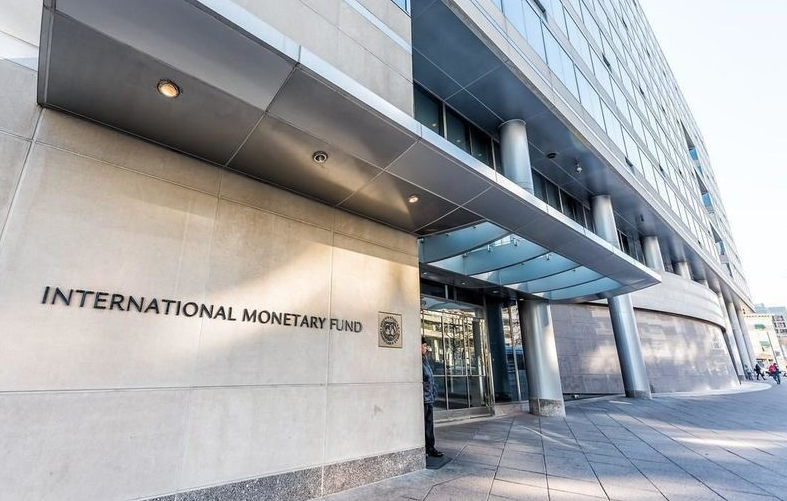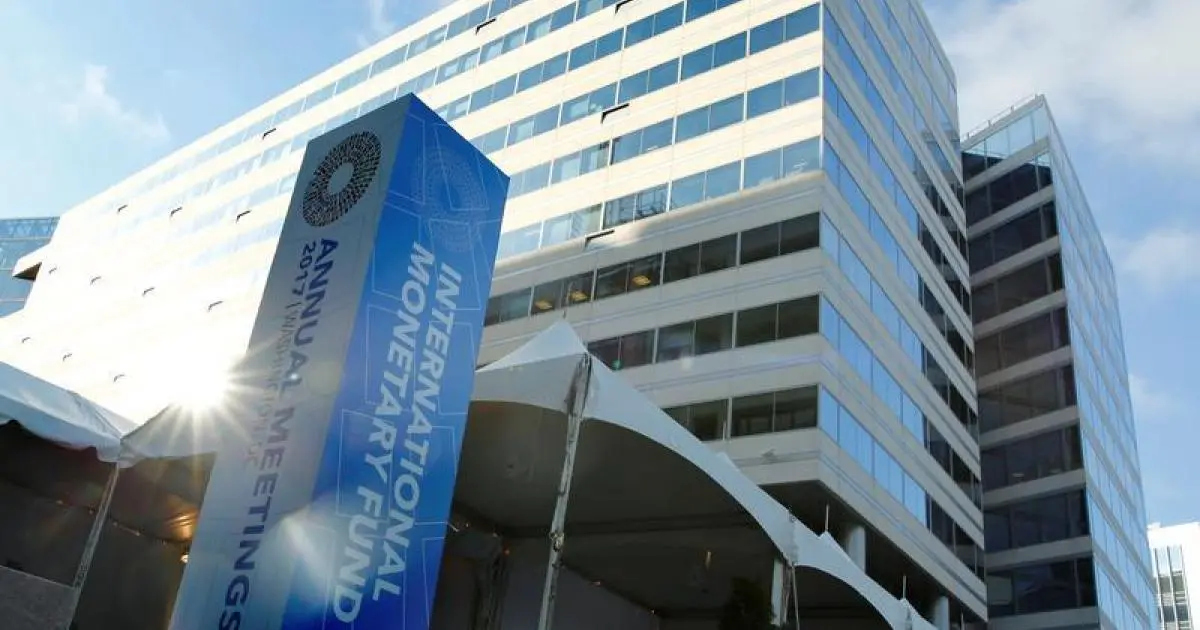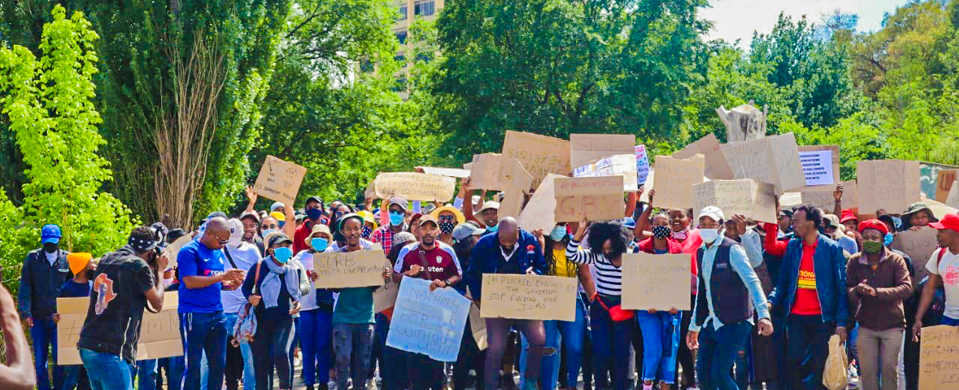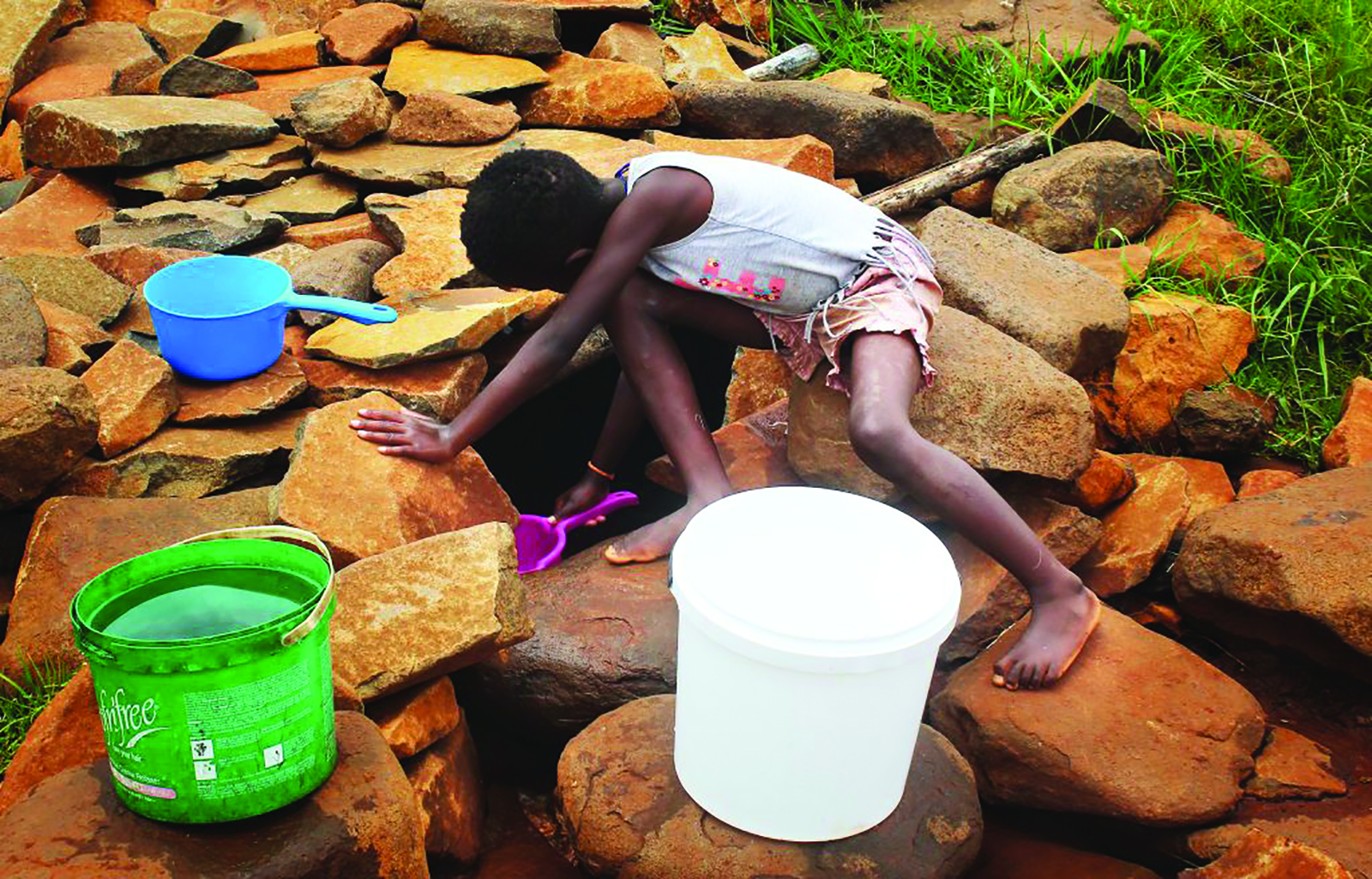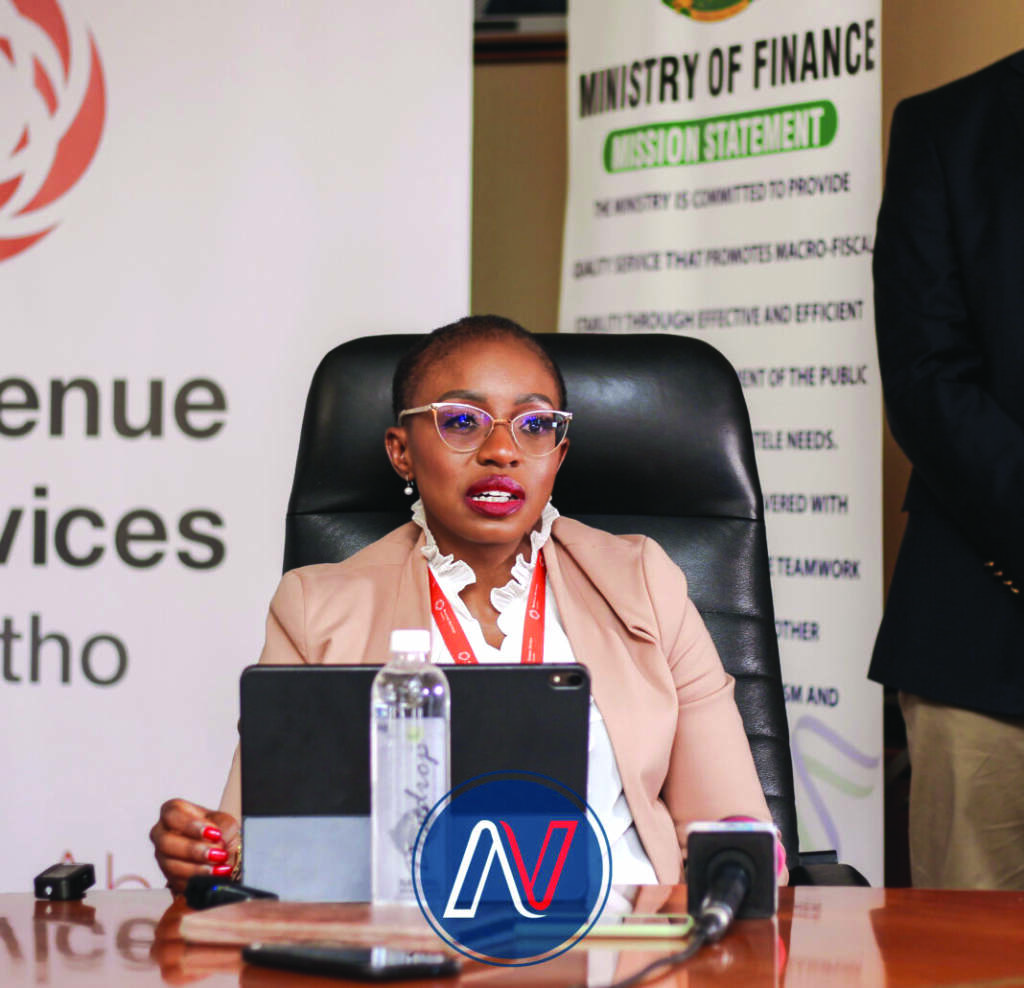- Record 9% fiscal surplus — yet Basotho remain among the poorest in Southern Africa.
- 37% of citizens survive on less than $2.15/day despite surging SACU transfers and water royalties.
- Growth projected at just 1.4%, “insufficient to improve living standards,” warns IMF.
Lesotho is running surpluses, but Basotho are running on empty, this is the paradox revealed by the 2025 IMF Article IV Consultation Report on Lesotho.
The report praises the country’s record fiscal surplus of 9 percent of GDP in FY24 yet projects growth of just 1.4 percent in FY25/26, far too low to improve living standards.
The findings strike at the core of Lesotho’s economic contradictions: revenues are buoyed by Southern African Customs Union (SACU) windfalls and water royalties, but ordinary citizens still queue for jobs that do not exist, water that does not flow, and hospitals that struggle to deliver basic care.
Poverty and unemployment remain stubbornly high, with 37 percent of Basotho living on less than $2.15 a day, the report revealed.
The IMF warns: “Despite a record fiscal surplus in FY24, growth has weakened, reflecting capacity constraints in public investment and slow progress on structural reforms. Medium-term growth is projected at around 1.5 percent, insufficient to reduce poverty or improve living standards.”
The report notes that Lesotho’s fiscal strength is not the result of productivity or industrial growth but of external flows, but, in 2024, the government renegotiated water royalties and enjoyed an exceptional surge in SACU transfers, which together account for almost 40 percent of national revenues.
“The fiscal surplus of about 9 percent of GDP in the 2024 financial year reflects exceptionally high SACU revenues and higher water royalties under the Phase II agreement of the Lesotho Highlands Water Project. But this revenue base is fragile.”
The IMF cautions that fiscal surpluses are expected to dissipate as SACU revenues normalise.
It went further to warn that without durable reforms, Lesotho’s fiscal position would become vulnerable once again.
The IMF does not miss this contradiction, highlighting that revenues are not translating into domestic development; “Weak execution capacity and governance challenges constrain the ability of the government to translate fiscal resources into inclusive growth.Even with fiscal space, Lesotho’s economy is barely growing.”
The IMF projects growth will slow from 2.2 percent in the 2024/2025 financial year to 1.4 percent in the 2025/2026 financial year, citing structural weaknesses and political gridlock.
Over the medium term, IMF indicates that growth will average only 1.5 percent, a level described as “insufficient to address high unemployment and entrenched poverty.”
This weak performance is not new, the report notes that Lesotho’s growth has been volatile and low for more than a decade, reflecting dependence on external transfers, political instability, and a weak private sector.
“The textile industry, once the country’s largest private employer, faces new risks. U.S. tariff changes threaten exports, and the cancellation of the Millennium Challenge Corporation (MCC) compact has dashed hopes for renewed investment in horticulture and infrastructure.”
The IMF is blunt about Lesotho’s governance failures citing that the fragile coalition politics have hindered the passage of key reforms, including the Omnibus Bill, which aimed to strengthen governance, improve central bank independence, and enhance the rule of law.
“Without reforms, the country’s institutions remain weak. Public financial management is poor, anti-corruption institutions lack teeth, and state-owned enterprises (SOEs) drain public resources.”
The IMF stresses that SOEs continue to suffer from chronic governance and efficiency shortcomings, undermining fiscal sustainability and crowding out private sector development.
The report also criticizes the government’s inability to push through long-promised financial sector reforms:
“The wage bill remains among the highest in the region, at about 17 percent of GDP, with little progress toward performance-based remuneration or downsizing,” this, the IMF warns, squeezes out spending on infrastructure, health, and education, entrenching poverty despite fiscal surpluses.
Lesotho’s poverty levels are staggering describes IMF indicating that about 37 percent of the population lives below the international poverty line of $2.15 per day. This is among the highest in Southern Africa.
Unemployment remains acute, particularly among young people. The report acknowledges saying youth unemployment exceeds 30 percent, with few prospects for improvement absent private sector growth.
While the state boasts fiscal discipline, households feel no relief. The IMF points out the contradiction; “The fiscal consolidation achieved in recent years has come at the expense of social spending, limiting the ability to cushion vulnerable groups from shocks.”
Lesotho’s health system illustrates the peril of overreliance on external aid, the report warns.
“The potential disruption of U.S. official development assistance, including for HIV/AIDS programs, poses significant risks to health outcomes. With HIV prevalence among the highest in the world, the collapse of external funding would be catastrophic. Yet Lesotho has no plan to replace donor dollars with sustainable domestic financing,” the IMF stresses that aid dependence has a checkered history and cannot substitute for durable, private sector-driven reforms.
The report further revealed that the public debt stands at 56.8 percent of GDP, with 80 percent owed externally.
While the IMF categorises Lesotho’s debt distress risk as “moderate,” stress tests show the situation could deteriorate quickly if SACU revenues decline or growth slows further.
“Debt sustainability remains vulnerable to shocks, particularly exchange rate depreciation and lower-than-expected SACU transfers,” the report notes.
The IMF highlights that corruption undermines both growth and social cohesion. It calls for “strengthening the Directorate on Corruption and Economic Offences (DCEO), establishing specialised anti-corruption courts, and enhancing transparency in procurement.”
Summary
- The report notes that Lesotho’s fiscal strength is not the result of productivity or industrial growth but of external flows, but, in 2024, the government renegotiated water royalties and enjoyed an exceptional surge in SACU transfers, which together account for almost 40 percent of national revenues.
- This weak performance is not new, the report notes that Lesotho’s growth has been volatile and low for more than a decade, reflecting dependence on external transfers, political instability, and a weak private sector.
- “The wage bill remains among the highest in the region, at about 17 percent of GDP, with little progress toward performance-based remuneration or downsizing,” this, the IMF warns, squeezes out spending on infrastructure, health, and education, entrenching poverty despite fiscal surpluses.

Authored by our expert team of writers and editors, with thorough research.


